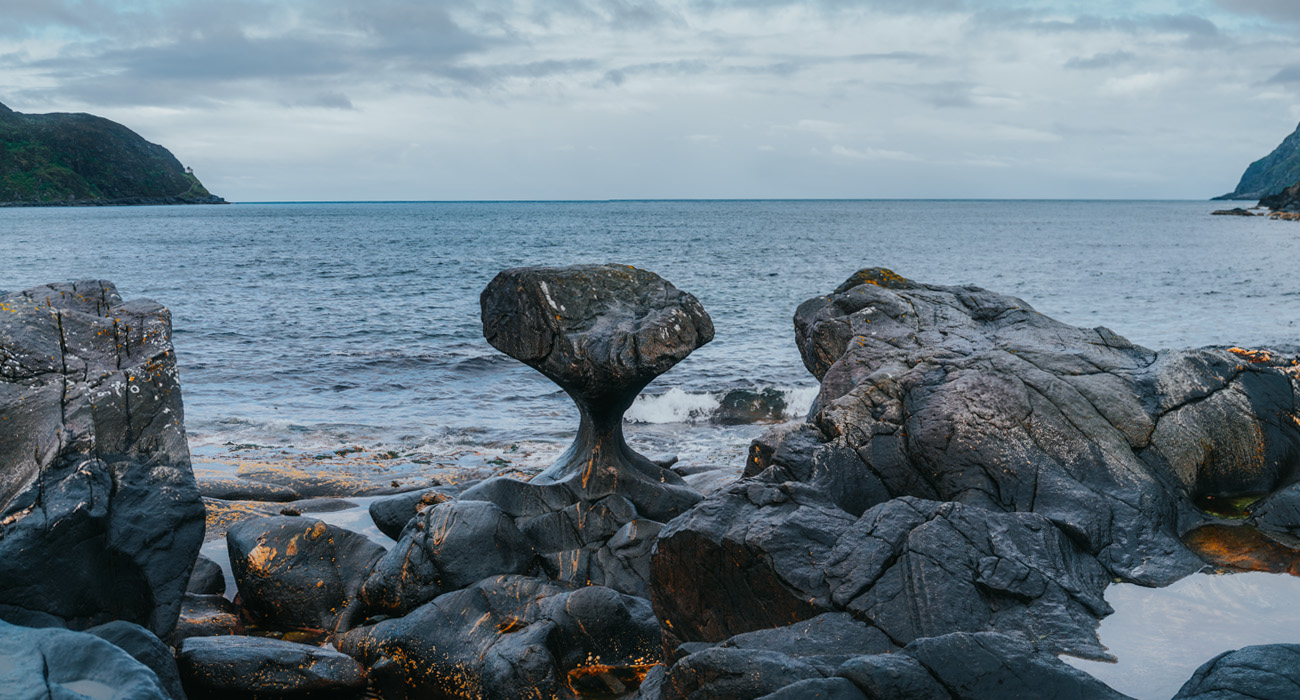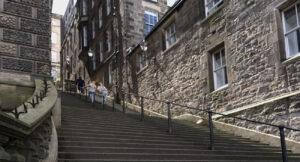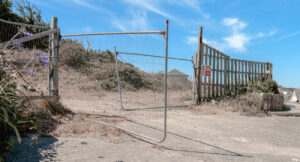How to Find Great Landscape Locations While Traveling
When you’re on the road with your camera in hand, there’s nothing quite like discovering a breathtaking landscape before anyone else does. But behind every “wow” photo lies more than just luck—it’s the result of scouting, planning, and understanding how to see a location with a photographer’s eye.
In this post, I’ll share how I find exceptional landscape locations while traveling, the tools I use, and how you can elevate your travel photography by mastering the art of location scouting.
Why Scouting Matters in Landscape Photography
Scouting is more than just picking a place on the map. It’s about being intentional—understanding the landscape, light, weather, and timing. A great location can become a forgettable photo without the right conditions, just as an ordinary spot can become extraordinary with the right perspective.
Whether you’re heading into remote wilderness or shooting just outside a city, scouting helps you:
- Find unique compositions
- Avoid crowds and clichés
- Be in the right place at the right time
- Tell a stronger story with your image
Pre-Trip Research: Where to Begin
1. Use Google Earth and Google Maps
Zoom into topographical features like ridges, coastlines, valleys, or winding roads. Satellite view helps you visualize elevation and potential compositions.
Pin potential spots and save them to a custom map layer.
2. Check Photo Sharing Platforms
Sites like Instagram, 500px, Flickr, and ShotHotspot can reveal popular photo locations and unique perspectives. Search by hashtags, locations, or GPS tags.
Pro Tip: Avoid simply copying others—use what you find as a starting point to seek your own original angle.
3. Explore Forums and Local Guides
Reddit communities, photographer blogs, and even local tourism boards can be treasure troves of lesser-known spots. Try looking for “hidden gems” or “off-the-beaten-path” guides.
On-the-Ground Scouting Techniques
1. Arrive Early or Stay Late
Get to a spot during midday to explore, then return at golden hour or blue hour for the actual shot. Use this time to find compositions, foreground interest, and light direction.
2. Walk the Landscape
Instead of shooting from the first viewpoint you reach, take the time to explore. Often, the best angle is a few steps off the trail—or down in the valley no one bothers to hike.
3. Use Your Phone as a Viewfinder
Your smartphone camera is a helpful scouting tool. Test different compositions, focal lengths, and angles before you pull out your gear.
Consider Light, Weather, and Timing
– Golden Hour & Blue Hour
Know when and where the sun rises and sets. Use apps like PhotoPills or The Photographer’s Ephemeris to plan shadows and light directions.
– Cloud Cover and Conditions
A clear sky isn’t always ideal. Clouds add drama. Mist adds mystery. Storms create tension. Use weather apps to plan for dynamic conditions.
– Seasons and Time of Year
Different seasons can radically change the landscape. A spring meadow, a snow-covered peak, or autumnal forest each tell different stories.
Apps and Tools I Use for Scouting
- Google Earth / Maps – Terrain and location scouting
- PhotoPills – Sun position, moon phases, and augmented reality tools
- Windy.com – Forecast wind, cloud layers, and weather patterns
- AllTrails / Gaia GPS – Find and navigate hiking paths to viewpoints
- Instagram / 500px – Explore locations through photographers’ eyes
Bonus: Scouting Hidden Gems
Want to avoid crowds and find something unique?
- Look for secondary roads or viewpoints not listed on tourist maps
- Talk to locals, rangers, or small tour guides
- Explore less-popular regions in popular countries
- Use Google Translate to search local blogs in the native language
Final Thoughts: See Beyond the Obvious
The best landscape shots are often found when you’re willing to go further, look deeper, and wait longer than anyone else. Scouting is the quiet, thoughtful part of travel photography—it’s about slowing down, tuning in, and connecting with your environment before you even press the shutter.
So next time you’re planning your trip, budget time not just for shooting, but for discovering. Because sometimes, the most powerful photos begin with a simple walk, a curious eye, and a question: What’s just around that corner?
Have a favorite landscape spot you’ve discovered through scouting? Share it in the comments or tag me on Instagram—I’d love to see where your travels take you.




